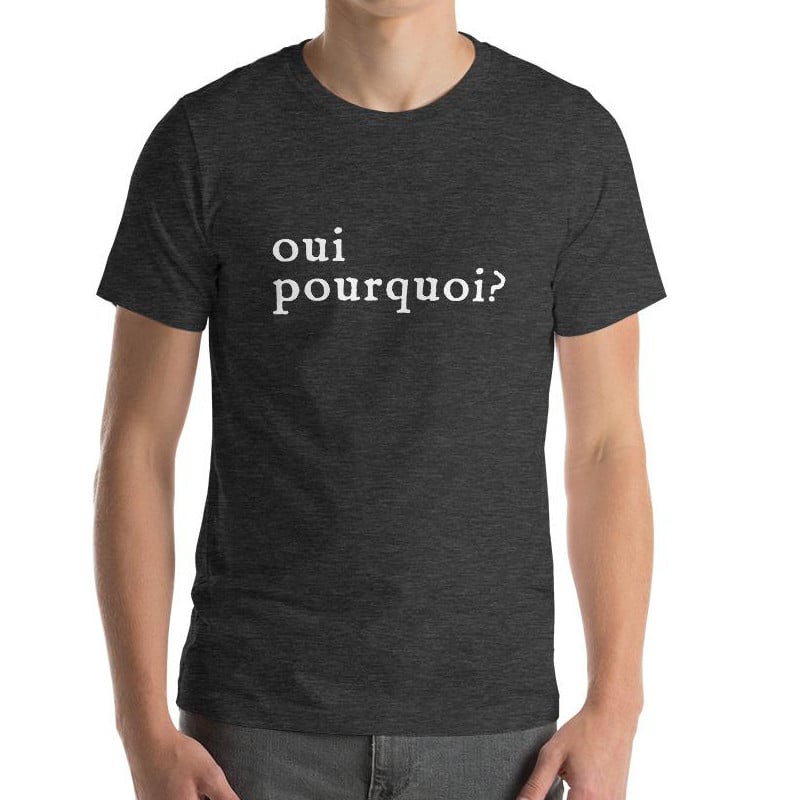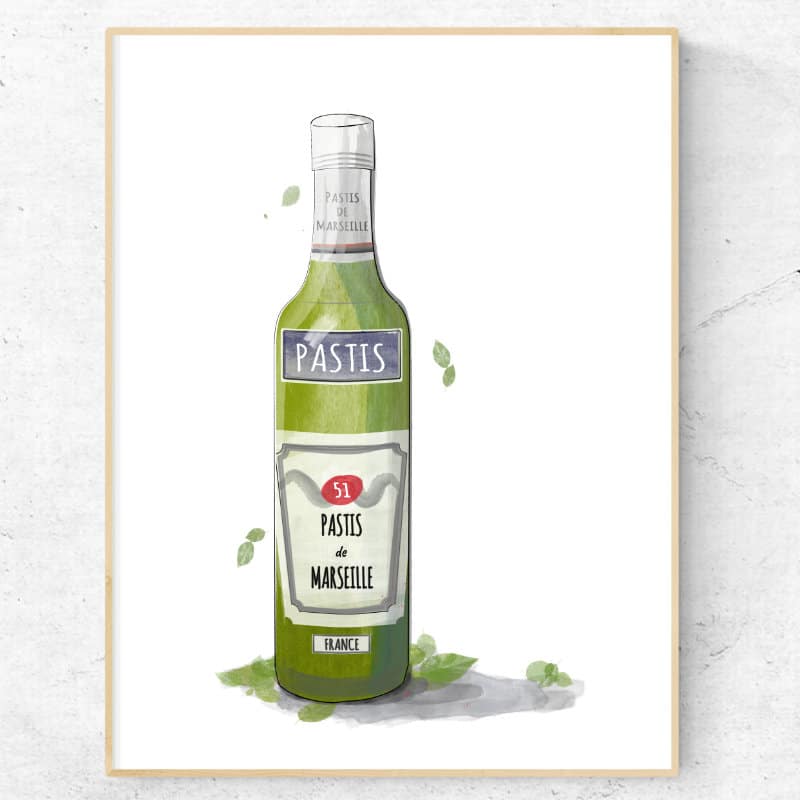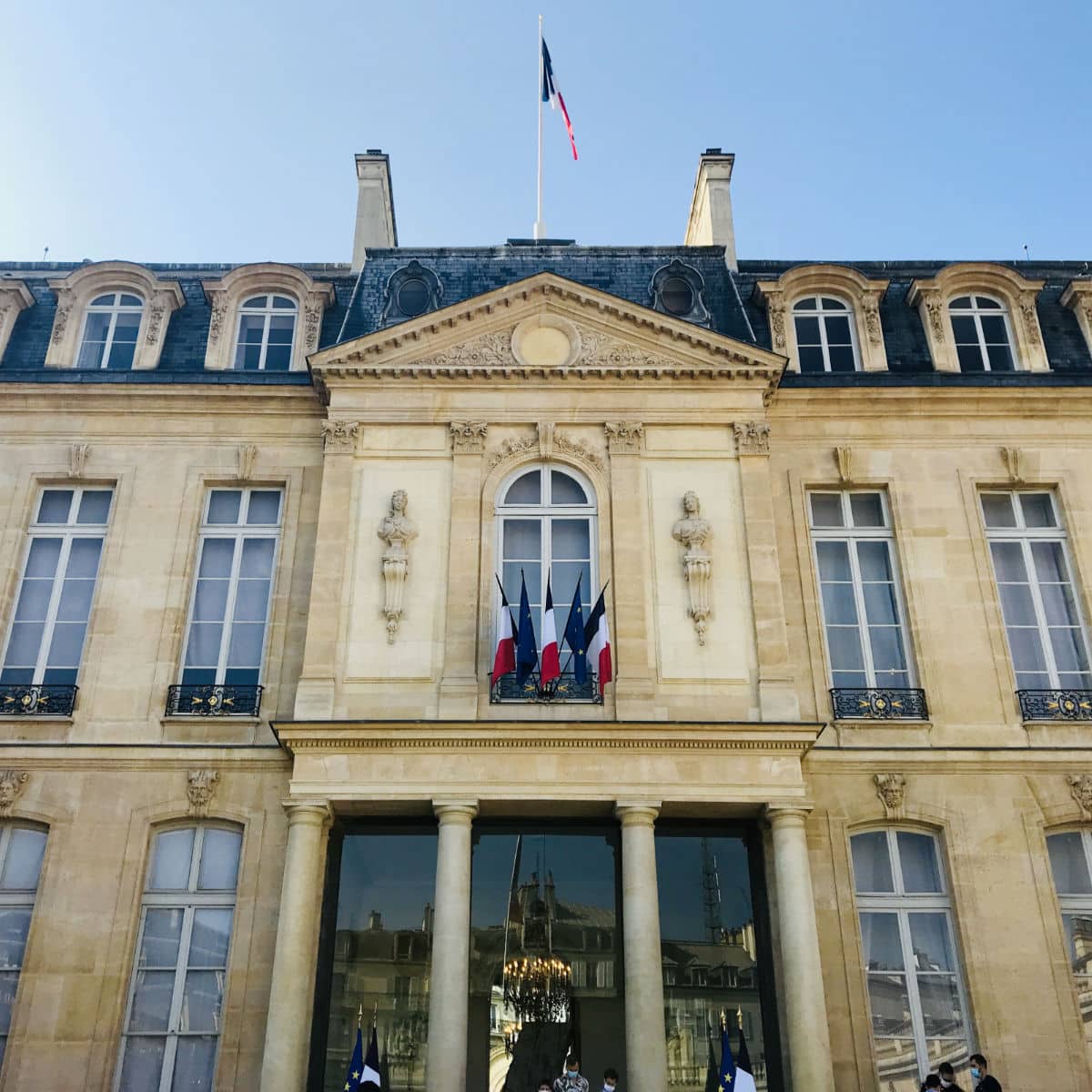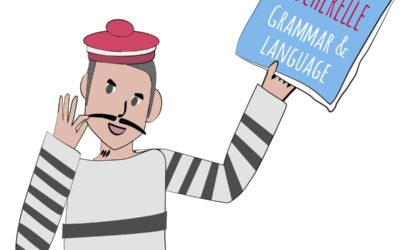If you have ever heard the President of France speak, you know he says this a lot: “Vive la France“. This ubiquitous and symbolic phrase represents the République enters into almost every speech and address to the nation that French Presidents deliver.
It is not really a French expression that anyone else says though. No one goes marching down the street yelling Vive la France, not even French protesters. So what exactly does he mean, and why does he say it? (I say “he” because there has never been a female French president.)
☞ READ MORE: 250+ France Fun Facts: By the Numbers
I. Meaning of “Vive la France”
In literal terms, “Vive la France” means “Long live France”. This is an expression meant to invoke patriotism amongst its citizens, and feelings of togetherness as they look towards the future.
It is the equivalent of “God bless America”, which all U.S. Presidents sign off their speeches with. But as France is a secular state, God is rarely invoked in French Presidential speeches. Much more familiar is the centuries-old British expression, “Long Live the Queen/King”.
The French had a version of “Long live the Queen”, which was “Vive la Reine“, until of course, they chopped off the heads of their Royal Family. A new expression was needed to replace that one after the French Revolution in 1789 to echo the same passionate sentiment. Thus was born “Vive la France“.
☞ READ MORE: Top French travel phrases for every occasion
II. The Power of “Vive la France”
There is no official note of when “Vive la France” first began to widely used. After the French Revolution in 1789, France became a Republic, then an Empire under Napoleon, back to a monarchy under the old Bourbons, several revolutions, multiple German occupations, and back to the French Republic state. As you can see, there was a need for a rallying cry, with all this turmoil and upheaval.
There have been several French films with the same name, mostly relating to wars and patriotism. I admit I find it quite interesting as an expression being Canadian since we don’t really have a similar expression. (Our Head of State is the Queen/King of England, and they happen to be really far away).
Other countries like India adopted “Jai Hind“, meaning “Victory to India” or “Long live India” to replace “Long live the (English) Queen” after the British were forced to leave India.
It is one of those phrases that carries with it a lot of power and emotion. When French President Charles de Gaulle visited Canada on a state tour, he proclaimed “Vive le Québec libre!” to encourage Quebec nationalists to leave Canada. It was a major diplomatic incident. He was promptly asked to leave the country and was never allowed back. Decades later, his proclamation is still clung on to by nationalist québecois, while rankling anglophones.

III. Other Vocabulary from the President of France
1. Mesdames et Messieurs
All French politicians may not say “Vive la France”, but every speech given by French politicians starts quite formally:
“Monsieur le Président, Madame la Maire, Mesdames et messieurs.”
The people with the highest rank are acknowledged first by their official title: Mr. President, Mrs. Mayor, and then Ladies and Gentlemen.
Interestingly, as more women take office, there has been a debate amongst French language purists as to whether the official French language should say “Madame Le Maire” or “Madame La Maire“. Is it the office that changes gender or just the mayor? This is not a debate that anglophones will want to wade into.
2. Mes Chers Compatriots
No French presidential speech would be complete without “Mes chers compatriots“, meaning “my dear fellow citizens” on their presidential bingo card. The U.S. version of this would be “My fellow Americans”.
3. Vive la République
Along with “Vive la France“, there is also “Vive la République“, meaning “Long live the Republic”. As I mentioned above, France has not been a democratic republic for all that long. Since 1789, there have been 5 republics interspersed between wars, occupations and monarchies.
The current 5th République began on 4 October 1958 under Charles de Gaulle.
4. Liberté, Égalité, Fraternité
Another phrase that is often invoked, even though it is not usually said in Presidential speeches, is Liberté, Égalité, Fraternité meaning “Liberty, Equality, Fraternity”.
It was first uttered by a French Revolutionary named Maximilian Robespierre in a 1790 speech, inspired directly by the American Declaration of the Rights of Man, and the U.S. expression that “We hold these truths to be self evident, that all men are created equal”.
France under King Louis XVI had contributed money and soldiers to the American War of Independence, hoping to get back at the British. The tide turned against him though, when the Revolution came to French shores.
Today Liberté, Égalité, Fraternité is the French National Motto, and was inscribed on schools, monuments, and the local currency. Liberté is also proclaimed forcefully in the French National Anthem, which has its own tumultuous history.

IV. Other Expressions with ‘Vive’
Vive la France might not be said in passing conversation, but expressions with “vive” are pretty common.
There is “Vive les vacances!“, meaning “Yay, it is vacation time”, that is regularly proclaimed by French holiday-makers.
Then after a French wedding, there is “Vive les Mariés!” which means “Long live the newlyweds”.
And then there is my favorite “Vive le vent!” which translates to “Long live the wind”. It doesn’t actually mean that though, it is a French Christmas song that is sung to the tune of Jingle Bells. (Yes, really.)

So should you go around proclaiming “Vive la France“? Unless you are talking to the President of France at the Palais de l’Elysées, I would think not, but to each his own. If you enjoyed that post, you may enjoy reading more about French history. A bientôt!





